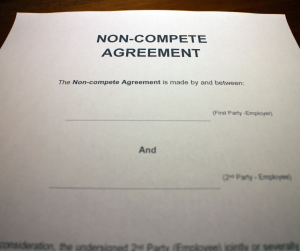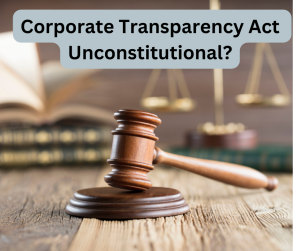Starting on January 1, 2024, most employers in the  will be required to provide five days of paid leave for any reason. Thanks to an City Council ordinance passed earlier this month by a 36-12 vote, Chicago employers will have to double that amount, including five sick days and five vacation days, under one of the most sweeping employee leave laws in the U.S.
will be required to provide five days of paid leave for any reason. Thanks to an City Council ordinance passed earlier this month by a 36-12 vote, Chicago employers will have to double that amount, including five sick days and five vacation days, under one of the most sweeping employee leave laws in the U.S.
The ordinance, which new Mayor Brandon Johnson described as “a step towards equity in the workplace,” also mandates that when workers depart their positions, companies with more than 100 employees will have to pay out as many as seven days of unused time, while firms with 51 to 100 employees will need to do so over a two-year phase-in period. Small businesses with less than 50 employees do not need to worry about this provision.
Johnson and progressive allied on the City Council wanted a 15-day allotment originally, but business, retail and trade groups, who are still vehemently against the ordinance, pushed back vociferously. And they’re worried that violations could lead to lawsuits, an issue that the council plans to address through a possible amendment—tabled for now—that would provide businesses with a 30-day time frame to address an alleged violation first.
 Chicago Business Attorney Blog
Chicago Business Attorney Blog






